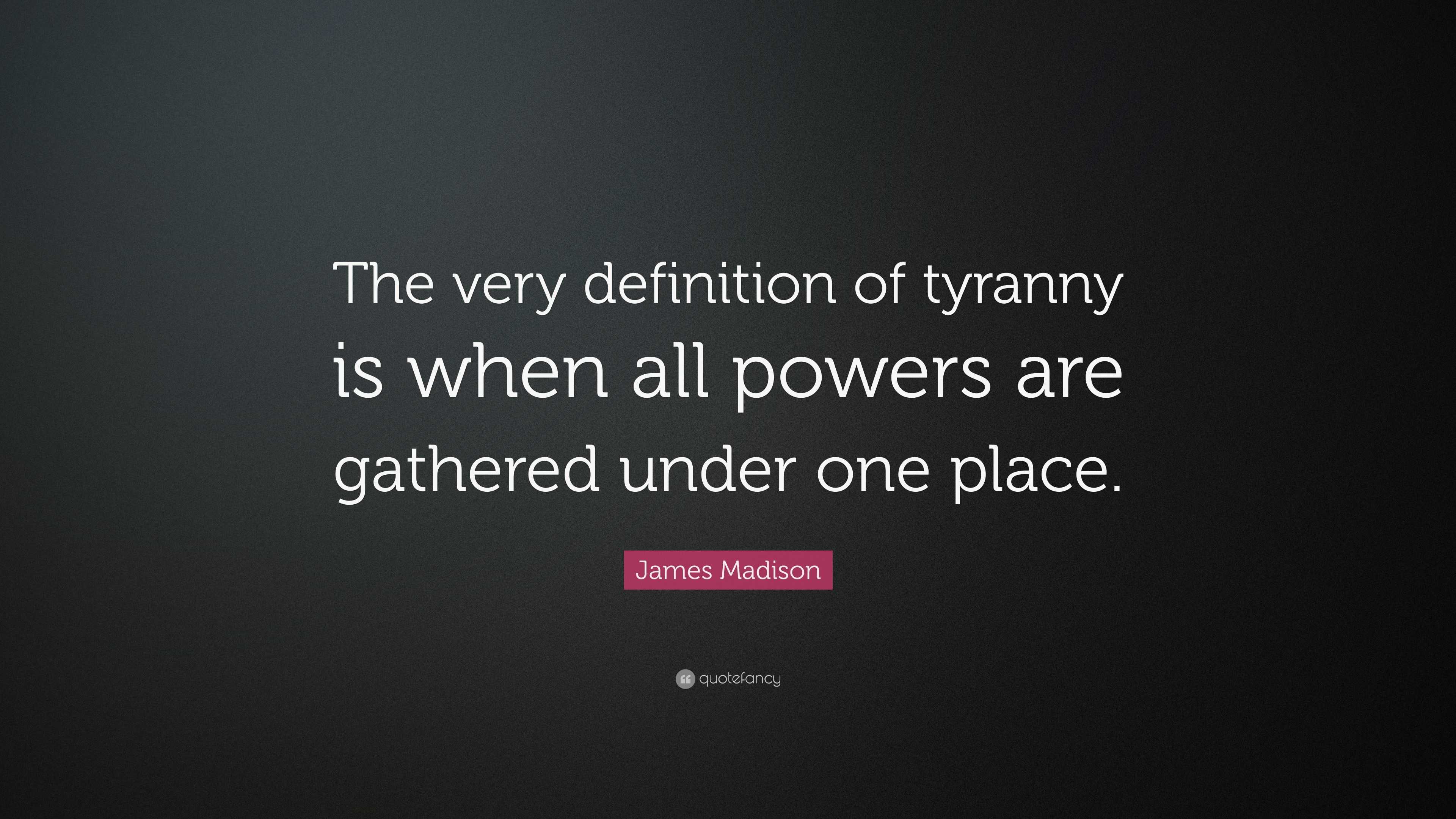

Peisistratus did not dismantle the structure of government, and assemblies of the people continued to be held and magistrates continued to be appointed under his rule. Peisistratus, tyrant of Athens, is a classic example he made three attempts to seize power, finally succeeding in a military coup in 546 bce by using forces from outside, and ruled for 30 years.īut tyranny was more complex than Aristotle implies. The best-known definition of tyranny comes from Aristotle’s Politics: “Any sole ruler, who is not required to give an account of himself, and who rules over subjects all equal or superior to himself to suit his own interest and not theirs, can only be exercising a tyranny.” Aristotle presents tyranny in a very negative light, as a form of monarchy that has deviated from the ideal, and by listing the characteristics of the tyrant-he comes to power by force, has a bodyguard of foreigners to protect him, and rules over unwilling subjects-Aristotle suggests that a tyrant was always a violent usurper. Since Roman times philosophers have argued for the moral right of the citizen to overthrow a tyrant whatever the law and have debated the point at which monarchic rule becomes tyrannical. The idea of tyranny has thus been at the center of debate about legitimacy in rulership and the balance of power between ruler and people. Later on in classical history, however, the word gradually acquired more of its modern flavour, implying a ruler whose sole motivation was power and personal gain, and as a result its use in public life became controversial. Certain rulers, such as Phalaris, tyrant of Akragas in Sicily, who allegedly burned his enemies alive in a brazen bull, were bywords for uncontrolled cruelty and self-indulgence, but others, such as Pittakos at Mytilene, were remembered favourably in later sources as wise and moderate rulers who brought prosperity and peace to their cities. Some tyrants were usurpers who came to power by their own efforts others were elected to rule and still others were imposed by intervention from outside. Evolution of the conceptįor the ancient Greeks, a tyrant was not necessarily a bad ruler in its original form ( tyrannos) the word was used to describe a person who held absolute and personal power within a state, as distinct from a monarch, whose rule was bound by constitution and law. In its modern usage the word tyranny is usually pejorative and connotes the illegitimate possession or use of such power. In antiquity the word tyrant was not necessarily pejorative and signified the holder of absolute political power. Tyranny, in the Greco-Roman world, an autocratic form of rule in which one individual exercised power without any legal restraint.

#Tyranny def how to#
COVID-19 Portal While this global health crisis continues to evolve, it can be useful to look to past pandemics to better understand how to respond today.Student Portal Britannica is the ultimate student resource for key school subjects like history, government, literature, and more.This Time in History In these videos, find out what happened this month (or any month!) in history.#WTFact Videos In #WTFact Britannica shares some of the most bizarre facts we can find.Demystified Videos In Demystified, Britannica has all the answers to your burning questions.Britannica Explains In these videos, Britannica explains a variety of topics and answers frequently asked questions.

Britannica Classics Check out these retro videos from Encyclopedia Britannica’s archives.


 0 kommentar(er)
0 kommentar(er)
